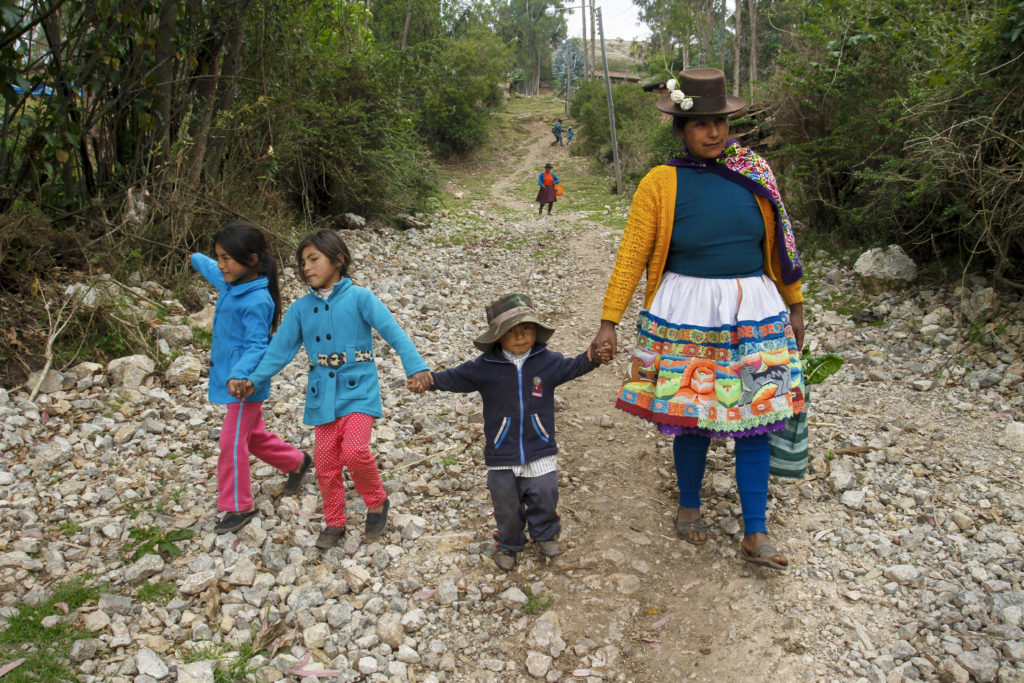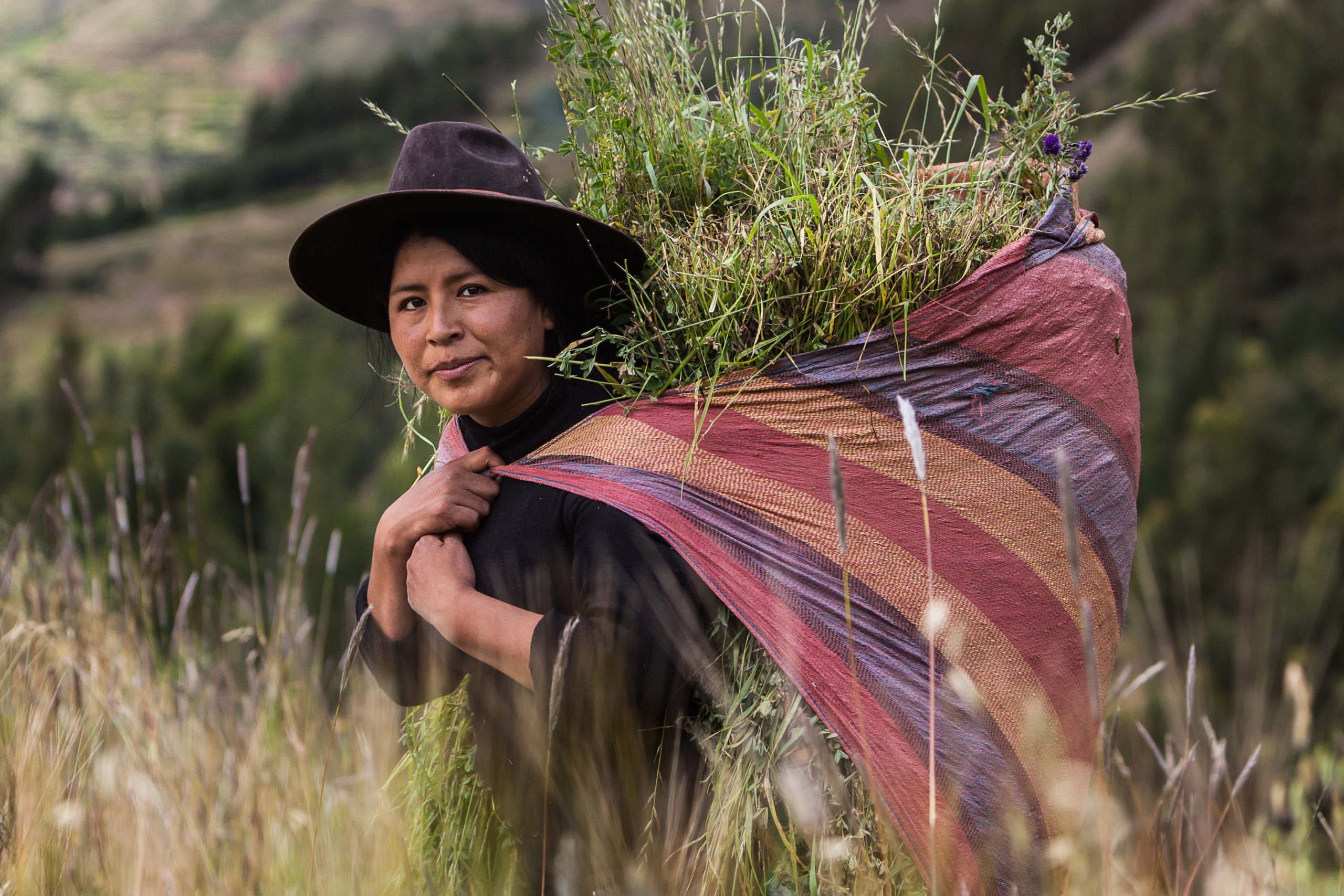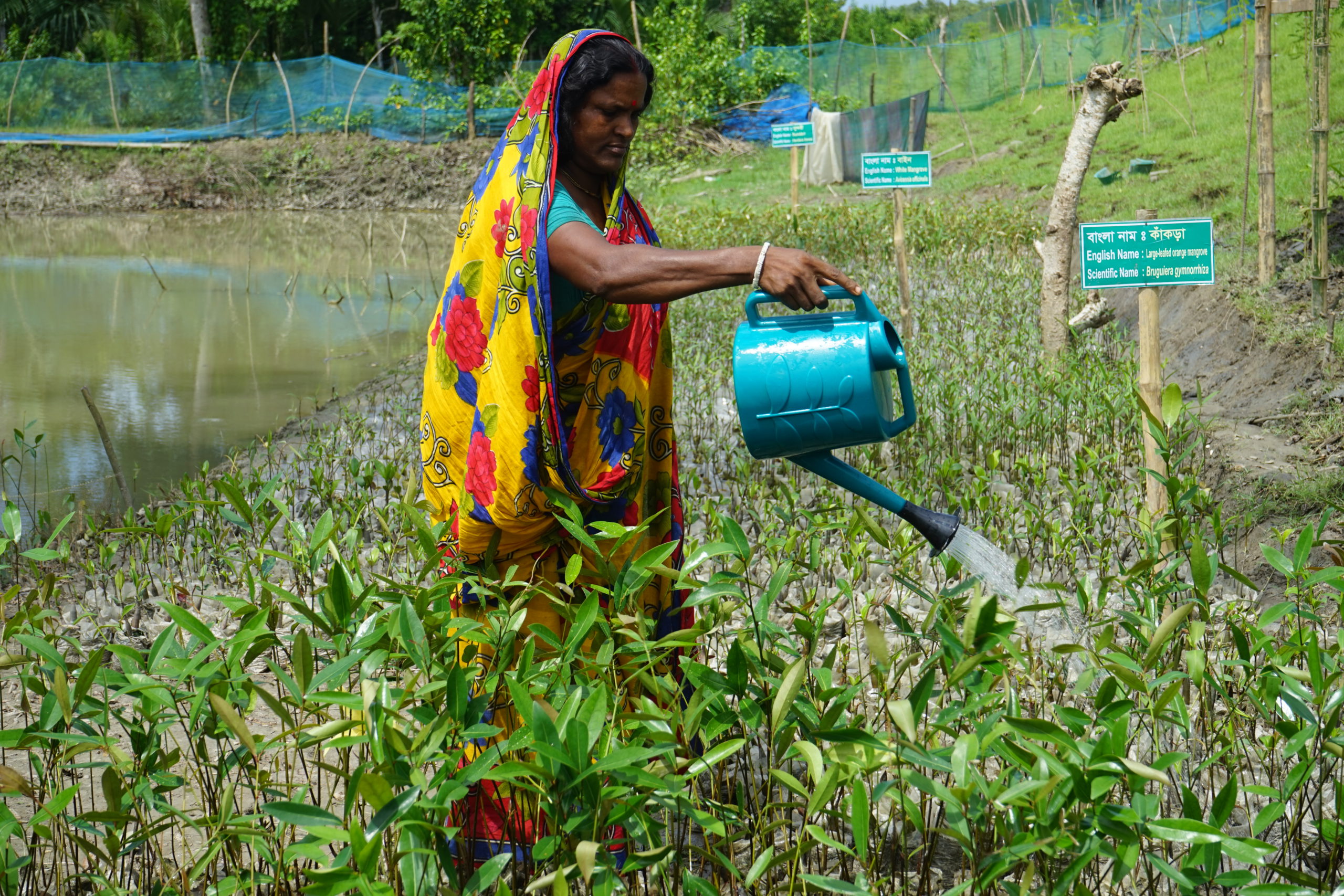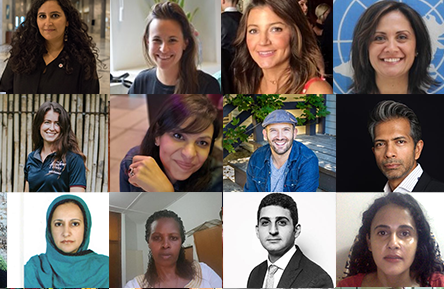About
What stories are told – and how they are told – matters.
Storytelling is a powerful communication tool in global development. Stories evoke emotions and can connect people across geographies and backgrounds. Stories provide an avenue for understanding different perspectives and can be an impetus for action. At their best, stories bring us together and remind us of our shared humanity.
Within development contexts, stories serve as a platform for advocacy and a means of sharing information and raising awareness. Stories can help orient the wider public to the on-the-ground realities of the complex contexts where development work takes place. For development organization, storytelling is also a way to emotionally connect with potential supporters in an increasingly competitive fundraising landscape.
Effective communication is central to good storytelling that captures people’s attention, sheds new light on important issues, and brings people together in our shared humanity. If told irresponsibly, stories can undermine the realities of development work, including the challenges, and fail to lead audiences to deeper and more nuanced perspectives on issues of global importance. Inaccurate or shallow accounts, told in a language evoking pity, can exploit contributors and impede progress towards the Sustainable Development Goals (SDGs), which have human dignity at their core.

Credit: Kusi Warma
Dignified Storytelling
Dignified Storytelling is a platform for global advocacy and outreach, resource-sharing, and connections, working towards fostering a shared understanding and practice of storytelling that upholds and celebrates the dignity of all persons.
The Principles
The Principles of Dignified Storytelling are 10 principles that have been put together by a diverse group of stakeholders through a consultative process. These principles are the foundation for the Dignified Storytelling pledge and also guide the Dignified Storytelling Handbook.


The Partners
Dubai Cares, Expo 2020 Dubai and the UAE Ministry of Foreign Affairs & International Cooperation (MoFAIC) have come together to launch Dignified Storytelling, an initiative with an aim of creating an ecosystem that fosters a shared understanding and practice of storytelling that maintains and upholds the dignity of all persons and contributes to the Sustainable Development Goals (SDGs).
The Alliance
To truly embed Dignified Storytelling in the day-to-day policies and practices among international development agencies and various storytellers within the development and humanitarian sectors, Dignified Storytelling established an Alliance, which is a network of champions that provides advocacy, in-kind support, and input on program deliverables. Representation in the Alliance includes a deliberately diverse range of viewpoints from organizations, individuals and governments who are able to share best practices from their on-the-ground experiences within a range of development contexts.

